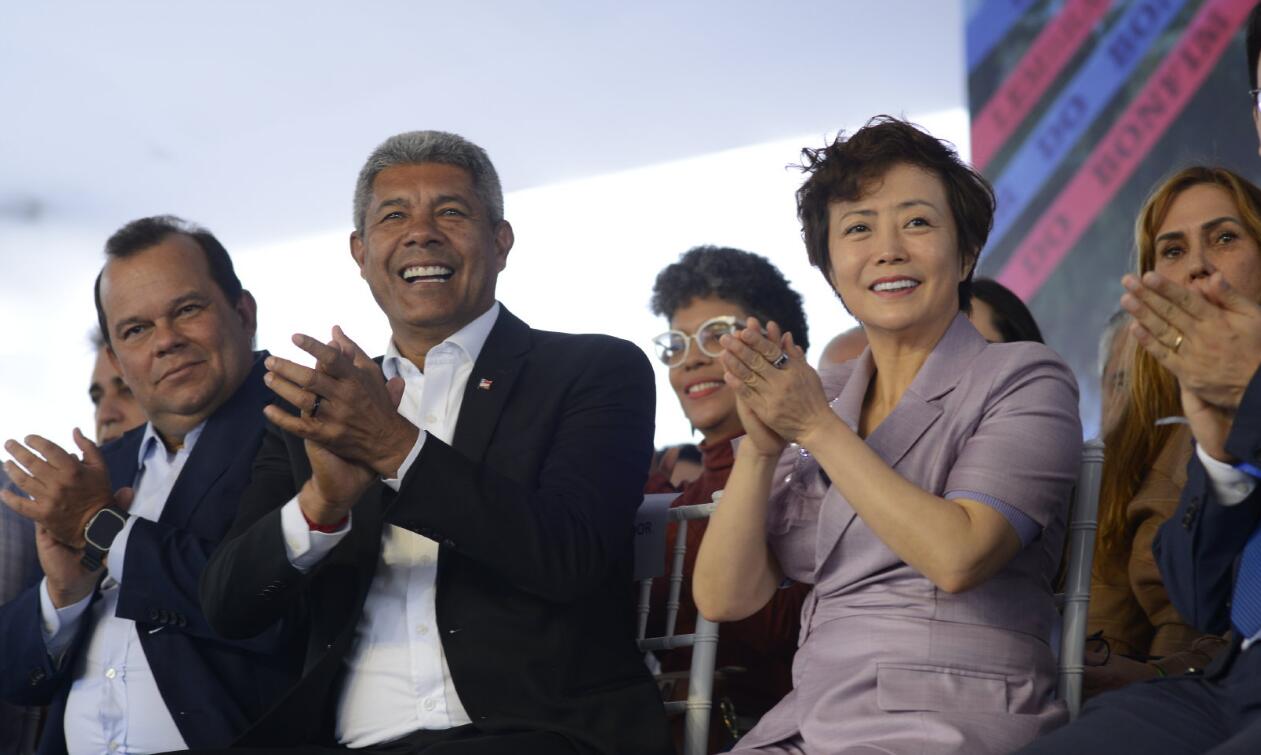This is below the CPCA's June 25 estimate of about 670,000 units.

Retail sales of passenger new energy vehicles (NEVs) in China were 638,000 units in June, up 19 percent year-on-year and up 10 percent from May, according to preliminary data released today by the CPCA.
On June 25, the CPCA estimated in a report that China's retail sales of passenger NEVs in June would be around 670,000 units. The latest preliminary figures have been revised downward from the previous estimate.
From January to June, retail sales of passenger NEVs in China were 3.06 million units, up 36 percent year-on-year, according to the CPCA.
Wholesale sales of passenger NEVs in China were 744,000 units in June, up 30 percent year-on-year and up 10 percent from the previous month.
From January to June, wholesale sales of passenger NEVs in China were 3.53 million units, up 43 percent year-on-year.
Retail sales of all passenger vehicles in China were 1.896 million units in June, down 2 percent year-on-year but up 9 percent from May, according to the CPCA.
This means that the penetration of passenger NEVs at retail in June was 33.64 percent, up from 31.66 percent in May.
Retail sales of all passenger vehicles in China from January to June were 9.528 million units, up 3 percent year-on-year.
Wholesale sales of passenger cars in China increased 2.23 million units in June, up 2 percent year-on-year and up 11 percent from May.
From January to June, China's wholesale passenger vehicle sales were 11.06 million units, up 9 percent year-on-year.
The following is the CPCA's weekly retail sales performance for the Chinese passenger vehicle market for June, as announced today:
For the first week of June, June 1-4, passenger vehicle daily retail sales averaged 31,000 units, down 9 percent year-on-year and down 42 percent from the same period in May.
In the second week of June, from June 5-11, the average daily retail sales of passenger cars were 43,000 units, down 10 percent year-on-year and 14 percent lower than the same period in May.
In the third week of June, June 12-18, average daily retail sales of passenger cars were 58,000 units, down 2 percent year-on-year but up 21 percent from the same period in May.
In the fourth week of June, June 19-25, average daily retail sales of passenger cars were 75,000 units, up 9 percent year-on-year and up 53 percent from the same period in May.
In the fifth week of June, from June 26-30, the national passenger car market averaged 108,000 daily retail sales, down 7 percent year-on-year and up 30 percent from the same period in May.
China NEV insurance registrations for week ending Jul 2: BYD 54,000, Nio ES6 1,900
The post China Jun NEV retail up 10% MoM to 638,000, preliminary CPCA data show appeared first on CnEVPost.
For more articles, please visit CnEVPost.














